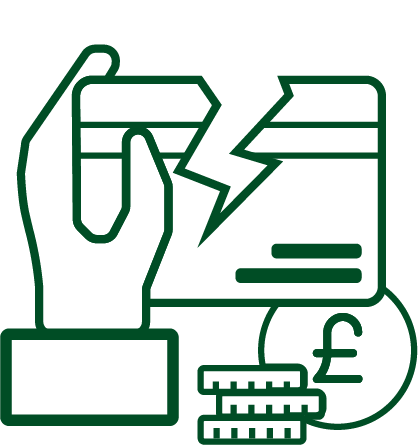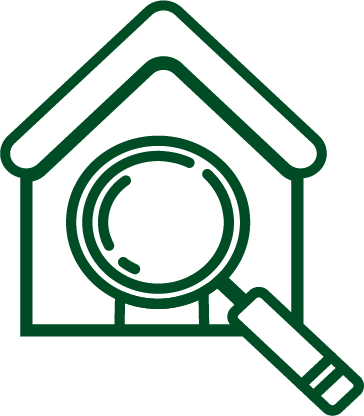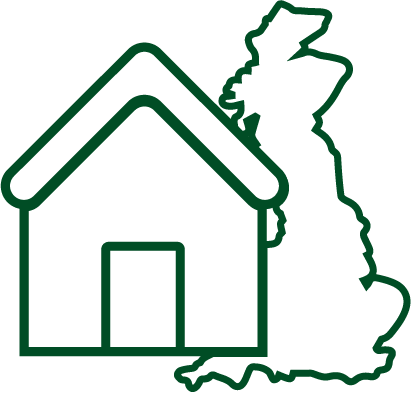Can You Get a Mortgage with Bad Credit?
Obtaining a mortgage with adverse credit is possible but more difficult than with a perfect credit history.
Each lender has its own criteria for what it considers to be adverse credit, which can range from a missed bill payment to home repossession. Minor credit problems such as a single late credit card payment are unlikely to prevent mortgage approval.
However, if you have been declared bankrupt or had a county court judgement (CCJ) in the past six years, finding a lender to accept you will be challenging.
Some lenders may consider those rejected for mortgages elsewhere, but options may be limited, resulting in higher interest rates and fees. Having adverse credit may impact mortgage eligibility and borrowing costs, so it's essential to take steps to improve your credit score and work with a financial professional to identify suitable lenders.







